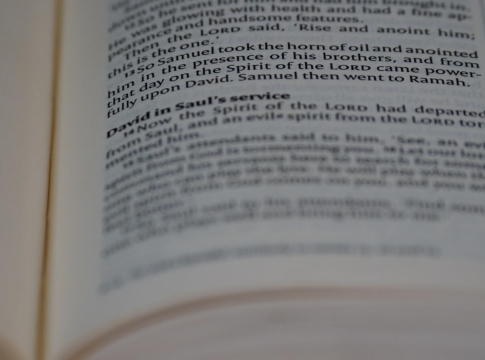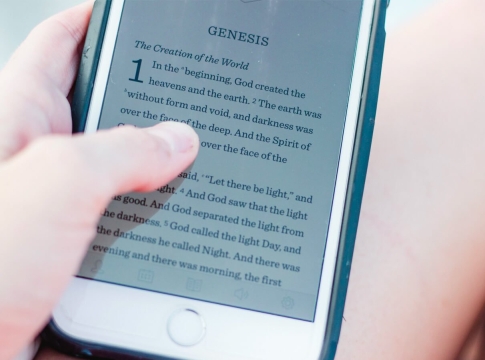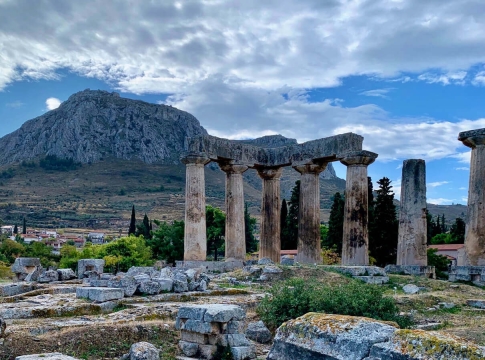
The second book of the first five books of the Bible, known as the Torah (law or teaching), is Exodus. Exodus refers to a leaving or going out. A portion of the book Exodus tells the story, and another portion contains regulations and directions on how to construct the Tabernacle.
God’s faithfulness
The faithfulness of God is revealed to us in the book of Exodus. God had previously promised Abraham in Genesis 15:5–22:17 that his progeny would be like the stars in the sky or the sand on the sea. The descendants of Abraham are described in Exodus as having arrived in Egypt and abundantly multiplying (Exodus 1:7). They developed into a powerful nation to the point where Pharaoh, the king of Egypt, was afraid of them and had them work as slaves.
When that did not help to diminish their numbers, Pharaoh started killing their newborn sons (Exodus 1:10, 22). God had also promised Abraham land for his offspring (Genesis 17:8). And again God is faithful to His promise. He raised up a leader, Moses, who was one of the Hebrew people, but who grew up in the palace of the Pharaoh (Exodus 3-4). Pharaoh refused to let the people of Israel go, but in the end he could not stand up to God’s great power (Exodus 5-13). Eventually, the people were allowed to go and leave the country of Egypt and head to the promised land that God had prepared for them (Exodus 12:29-32). We can learn from this narrative that we never need to doubt the promises God has given us in His word. He is both faithful and powerful.
Covenant relationship
We learn about the [covenant connection] that God formed with the people of Israel starting in chapter 19. Once more, this is the realization of a previous promise made to Abraham (Genesis 17:7). God expected His people to be faithful to Him and follow His commands in exchange for God’s pledge to provide for them and keep all of His promises made in this covenant. God gives His people the well-known Ten Commandments in Exodus 20 so they would know how to live.
This teaches us that God longs for a connection with His people. He gives us clear guidelines so we know what is expected of us, which makes this partnership quite practical as well. “And you shall love the Lord your God with all your heart, with all your soul, with all your mind, and with all your strength” encapsulates these laws, which represent the essence of God. The second is found in Mark 12:30–31: “You shall love your neighbor as yourself.” The primary verb, “love,” reveals something about God’s nature. After all, love also motivated His interactions with the Israelites.
Rebellious
Israel’s population was a disobedient people group. They complained against their leader, Moses, when there was neither food nor water (see, for instance, Exodus 16:2–3 and 17:1-4). They also created a golden calf to be worshipped during the period that Moses was away from God for a lengthy time in order to obtain instructions. God intended to annihilate the Israelites because of their horrible sin (Exodus 32:9–10). But Moses persuaded God to change his mind on behalf of the people (Exodus 32:11–14). This teaches us that although God is gracious, He does not take sin lightly.
Building of the tabernacle
In Exodus 25:1-31:17, God also provided directions for building the tabernacle, a structure resembling a tent that would act as God’s “dwelling place” among the Israelites. In order to serve Him, God designated Aaron, the brother of Moses, and his sons as priests (Exodus 28:1). The people’s crimes had to be atoned for by the priest bringing animal sacrifices. This demonstrates God’s desire to be with His people. It also teaches us about His holiness, since only priests were able to carry out their responsibilities in the tabernacle and act as a liaison between the people and God.
God wants to be close to us
God still longs to be in close proximity to us now. This is now possible because of Jesus Christ’s atoning death on the cross, which completely atones for our sins (Hebrews 9:11–12). Furthermore, if we answer the door when He knocks (Revelation 3:20), He enters our hearts via the power of the Holy Spirit and makes them His home (John 14:23, 26).





